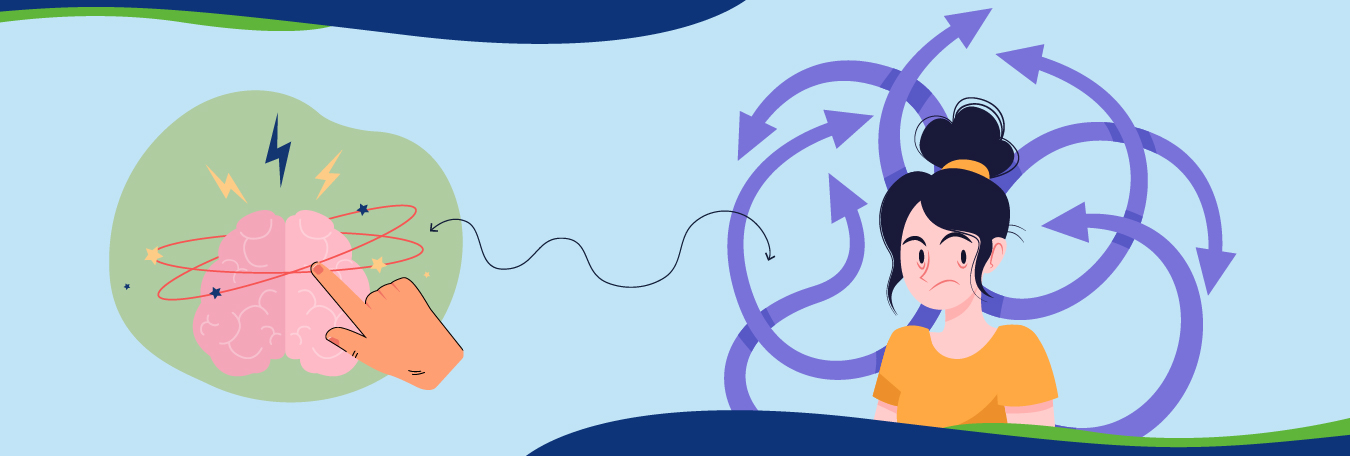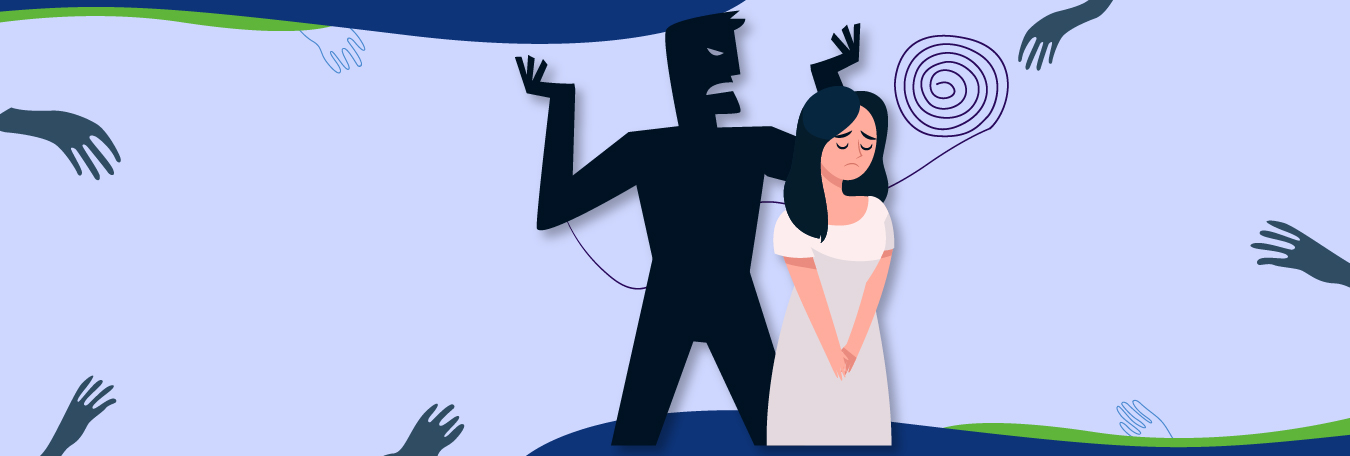Bipolar disorder, a mental health condition that is characterized by extreme mood swings between manic highs and depressive lows, affects millions worldwide. Mood swings vary in intensity and duration, in the process disrupting everyday life. The way it affects executive functioning can be extremely debilitating for the sufferer, especially in terms of work and school or social relationships. For that, certain resources are needed and we can help you get them by preparing you for the question you may be asking, does bipolar qualify for disability? And, are there any chances of getting disability for bipolar disorder? Let’s find out.
Defining Bipolar Disorder
It can present itself in different forms, with the most common types being Bipolar I and Bipolar II. People with bipolar I tend to experience mania that can last for days or even weeks. People with bipolar II have less severe mania in addition to more frequent depressive episodes that can be extremely debilitating. Bipolar can lead to erratic behavior, impaired decision-making, and even increasingly harmful suicidal thoughts. Symptoms often arise during the teenage years that can go well into adulthood, making early intervention compulsory. Treatments include but are not limited to medication, for example, mood stabilizers, antipsychotics, or antidepressants and therapy, but they can also be managed by therapy. Managing it can be a lifelong challenge! This can help you provide
the answer to the question of “Is bipolar disorder a permanent disability?”, or anything related to it.
So, Is Bipolar Considered a Disability?
There is no such thing as the bipolar disorder disability clause but under the Americans with Disabilities Act (ADA), and under the legal legislation of other countries, bipolar disorder is considered to be a disability if it imposes significant limits to one’s major activities pertaining to everyday life. These can relate to executive functioning because these are required for sustaining life. The most affected are not able to hold a job, maintain relationships, or live without dependence, which qualifies them for disability benefits. Does this answer your question “Chances of getting disability for bipolar disorder?”.
Read More: Bipolar disorder: Symptoms, Diagnosis, Causes & Treatment
Temporary Vs Permanent Disability
(In terms of “Chances of getting disability for bipolar disorder?”)
Not everyone with bipolar will experience symptoms that are consistent with or are at the same level of intensity or severity throughout their lives. Some may experience remission when the symptoms are minimal and continue their everyday life, especially with the help of treatment. Others may face frequent challenges because they are experiencing severe episodes that make it difficult to maintain a stable life. This can affect which type of bipolar disorder disability you can take advantage of.
Temporary Disability
Bipolar disorder can be classified as a temporary disability if it is characterized by episodic symptoms that are disruptive but are essentially manageable over time. If there is a severe episode in the mix, the affected individual can apply for short-term disability leave from work or other accommodations, but they will be required to return to their full capacity once the episode vanishes.
Permanent Disability (Bipolar Disorder Disability)
When it comes to severe cases, bipolar disorder can be classified as a permanent disability. This happens when affected individuals are struggling to deal with symptoms despite the provision of treatment such as psychotherapy or medication. During this time, functioning is consistently impaired. This way the affected individual is eligible for permanent disability. In cases like these, disability benefits, long-term care support, and accommodations in employment or education may be compulsory for the improvement of quality of life via taking advantage of bipolar disorder disability. This also answers “Is being bipolar considered a disability?”, or the question relating to the chances of getting disability for bipolar disorder.
These are the factors that influence disability status:
- Severity: If the intensity of symptoms and their frequency, for example, the manic and depressive episodes are key signals.
- Response from the Treatment: Individuals who are responding to a treatment well can function without any significant impairments to executive functioning. Inversely, those with treatment-resistant bipolar may need permanent disability status.
- Comorbidity: Many with bipolar also struggle with other mental conditions like anxiety, ADHD, or depression, which can essentially create complexities in the provision of treatment and recovery.
- Socioeconomic Support: How healthcare is provided plays an important role in determining if one needs a permanent or temporary status. Affected individuals with better access to adequate healthcare, a supportive community, and stable living conditions are better equipped to manage symptoms.
- Professional and Educational Benefits: Affected people who have better privileges in terms of flexibility, accommodations, and mental health support also have a better chance of managing their symptoms.
If you tick all of these above, then the chances of getting disability for bipolar disorder are high for you!
Read More: Bipolar Disorder And OCD: Insight into the facts
Take Advantage of Disability Benefits Before You Ask Can I Get Disability for Bipolar Disorder?
For those who are significantly impaired because of the existence of bipolar disorder, applying for disability benefits can become a needful thing. You can take these benefits from the U.S., Social Security Disability Insurance (SSDI) and the Supplemental Security Income (SSI), which are two federal programs that can provide financial assistance to affected individuals. Eligibility depends on the evidence of how it is limiting executive functioning. Although the process can be complex and lengthy, obtaining these benefits can offer the necessary support.
Final Words On The Question of Chances of Getting Disability for Bipolar Disorder?
The answer to the question, “Is bipolar considered a disability?”, or “Does bipolar qualify for disability?”, depends on the affected individual and their unique experience with bipolar disorder, especially in terms of the bipolar disability act clause in ADA. For some, it can be easily controllable via treatment and lifestyle adjustments but for others., it can necessitate lifelong support such as disability benefits. It is crucial that affected individuals are provided proper support and easy access to resources that help control the impairment associated with this type of mental condition and for that, you need to increase the chances of getting disability for bipolar disorder, which tends to be high if the symptoms are indeed impairing you in every way possible. These resources we mentioned can include treatment and psychiatric medication management, which are essentially available at our mental health wellness clinic: Inland Empire Behavioral Group, which is adept at treating mental conditions like Bipolar Disorder, Depression, Anxiety, Schizophrenia, or Psychosis via treatment options like Psychotherapy or Telehealth Psychiatry!





